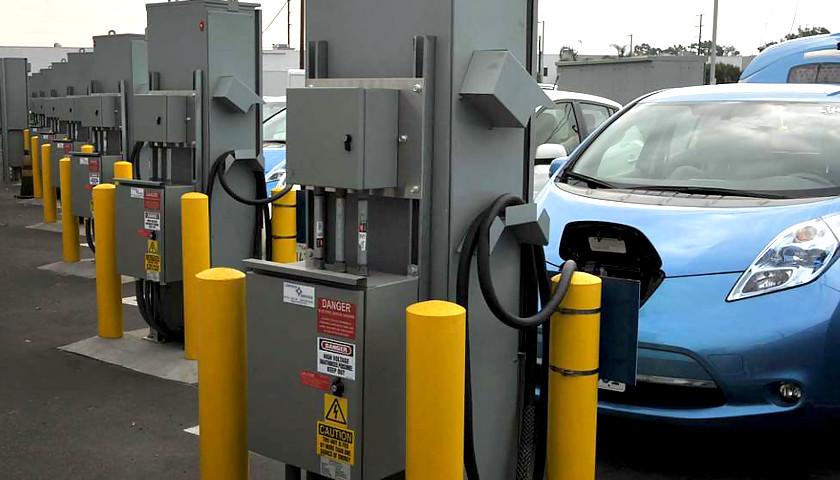Pennsylvania state representatives this week passed legislation creating a state version of the Earned Income Tax Credit (EITC).
The federal EITC, which went into effect in 1975, is designed to incentivize work. It ranges from $560 to $6,935 and goes to households earning up to $59,187. The proposed state-level counterpart would allow low-wage earners to claim 25 percent of the federal credit on their Pennsylvania taxes. Thirty-three states and the District of Columbia offer a similar credit.
If enacted, the credit would go into effect next year. An estimated 1 million Pennsylvanians could receive it.
While Democrats backed the policy unanimously, 20 Republicans joined them. State Senators Lynda Schlegel Culver (R-Bloomsburg) (pictured above, left) and Judy Schwank (D-Reading) (pictured above, right) proposed a companion bill in their chamber last month.
According to State Representative Christina Sappey (D-Kennett Square) (pictured above, center), the House bill’s sponsor, the legislation especially aims to boost the earnings of the demographic known as ALICE (Asset Limited, Income Constrained, Employed). A recent United Way of Pennsylvania report asserts that the term applies to 27 percent of Pennsylvania households.
In a floor speech, Sappey said the federal EITC means the difference between poverty and economic stability for 6 million U.S. residents. A state program could similarly lift more Pennsylvanians out of poverty.
“Earned income tax credits reduce the tax burden of low-to-moderate-income working individuals and households,” she said. “State earned income tax credits promote work and fuel the economy; they increase workforce participation, encourage low-wage workers to get additional education and training to boost their employability and earning power. And they help low-to-moderate income earners keep more of their wages.”
She suggested economic activity generated by a state EITC could amount to $200 million annually, outweighing the $366 million cost to taxpayers. She further argued it would save taxpayers over $475 million in public-assistance costs.
State Representative Sara Innamorato (D-Pittsburgh), an avowed socialist, echoed Sappey’s sentiment and opined a state EITC could address class resentments.
“For decades, working families across Pennsylvania have watched as the cost of living has risen beyond their means while their wages has [sic] remained stagnant,” she said. “At the same time, corporations touted record profits and Pennsylvania’s ultra-wealthy residents added billions of dollars in personal wealth during the [COVID-19] pandemic. As elected officials, it’s time to help curb this ever-widening inequality, reduce the number of children in poverty and provide safeguards for working families.”
The legislation has elicited skepticism from those who believe a new de facto welfare program should come with reductions in less effective public assistance programs. Opponents stressed that the program contains no guarantee that social-service use would decrease as it wouldn’t impact many Pennsylvanians’ eligibility for such services.
House Appropriations Minority Chair Seth Grove (R-York) complained that the commonwealth’s official estimate indicates a state EITC would cost taxpayers $1.4 billion over four fiscal years. And that, he said, doesn’t account for massive potential fraud. He noted an Internal Revenue Service audit discovered that nearly 50 percent of tax returns seeking the EITC improperly overclaimed it. This accounted for up to 39 percent of EITC payments going to as much as 420,000 filers in 2020.
“The overclaims were not minor filing errors,” he said. “The majority of individuals making overclaims were not eligible for the tax credit at all.”
Based on federal data, he said, the state-level proposal could lead to $549 million in fraud over five years.
“Today we’re faced with a simple decision,” he said. “Do we pass this bill which ensures millions of taxpayer dollars will — guaranteed — go to fraudsters or do we reject this pro-fraudster legislation and protect our taxpayers? I’ll be voting against this legislation and I urge my colleagues to join me in rejecting House Bill 1272, the Fund Fraudsters Bill.”
House Speaker Bryan Cutler (R-Quarryville) also spoke against the measure, saying he could back a state EITC with strong anti-fraud enforcement mechanisms.
“I would welcome the opportunity to support this program if it had the appropriate safeguards in place but unfortunately, as drafted, this bill does not,” he said.
– – –
Bradley Vasoli is managing editor of The Pennsylvania Daily Star. Follow Brad on Twitter at @BVasoli. Email tips to [email protected].
Photo “Judy Schwank” by Judy Schwank. Photo “Lynda Schlegel Culver” by Lynda Schlegel Culver for State Senate. Photo “Christina Sappey” by Christina Sappey. Background Photo “Pennsylvania Capitol” by Schindlerdigital. CC BY-SA 4.0.





